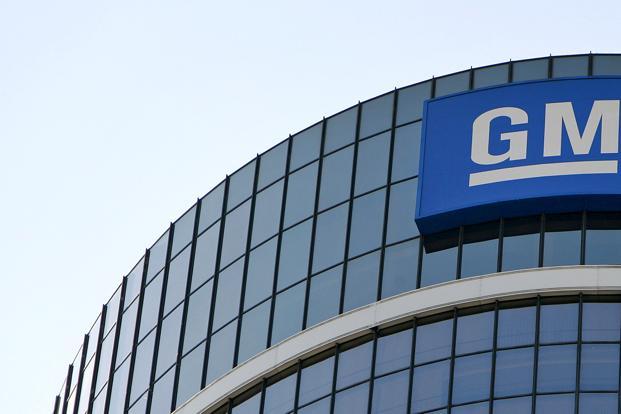General Motors Co. on Monday said it would sell its European business for EUR2.2 billion ($2.33 billion), as the U.S.’s biggest auto maker withdraws from a region where it hasn’t made money for almost two decades.
Peugeot SA will pay EUR1.3 billion for GM’s Opel and Vauxhall brands, the companies said Monday. GM’s financial operations in Europe will be jointly acquired by Peugeot and BNP Paribas SA for about EUR900 million.
As part of the deal, GM will also get warrants to buy 4.2% of Peugeot’s capital. GM won’t get voting rights with these shares and has agreed to sell any Peugeot stock it receives within 35 days of receipt. These options can be exercised starting five years after the issue date, so GM won’t immediately become a shareholder in the French company.
Peugeot’s purchase of Opel is the second major auto industry deal in less than a year–following Nissan Motor Co.’s acquisition of a controlling stake in Mitsubishi Motors Corp. last year–and it could lead to additional consolidation in what is still a relatively fragmented industry. Ten car makers sold more than 500,000 vehicles in Europe last year.
“We are confident that the Opel/Vauxhall turnaround will significantly accelerate with our support, while respecting the commitments made by GM to the Opel/Vauxhall employees,” Peugeot Chief Executive Carlos Tavares said.
Opel’s sale leaves GM with nearly no presence in the world’s third-largest vehicle market, which was the industry’s birthplace and a focal point for automotive design.
GM unsuccessfully tried to establish Chevrolet in Europe before largely exiting the market in recent years. It still sells some higher-end Chevy sports cars there, but in small numbers. It isn’t likely to renew a push to build on Chevy sales soon because of the high cost of establishing a brand in such a competitive market, according to two people with knowledge of the company’s thinking.
Shrinking GM’s global footprint carries risk in an industry where scale is critical. Opel’s departure cuts nearly 1.2 million vehicle sales a year–or about 11%–off GM’s global total, leaving it as the only top-five auto maker by global sales that isn’t a player in Europe. GM remains the No. 1 or No. 2 car company in the world’s three other major markets: China, South America and North America, which generated the lion’s share of its record $12.5 billion operating profit in 2016.
The acquisition is a daring move by Mr. Tavares, who has made a name for himself over the past three years as a cost-cutter, more intent on squeezing out savings from existing operations than building volume.
Now he will have to deliver on the promises he made to French and German politicians and unions to build a European champion that is better equipped to ride out the market’s next downturn. The previous industry slump that followed the financial crisis nearly bankrupted Peugeot and opened the door for Mr. Tavares to take the helm.
He is betting he can steer a successful turnaround at GM’s European operations, similar to the project he put in place at Peugeot about three years ago. Last week, he said he could expand the Opel brand beyond its home region and analysts have speculated that he could use it to make a push into the U.S.
To make the Opel purchase a success, analysts say Mr. Tavares will have to wield the knife and cut capacity by closing factories in Europe. He has promised to honor existing agreements between Opel and its workers in Germany and elsewhere in Europe, but most of those will run out in about five years.
On Monday, Mr. Tavares promised EUR1.7 billion in annual savings in areas such as purchasing, manufacturing and research and development by 2026 as Peugeot and Opel start to join their operations. He pledged to raise the operating margin of the Opel business and its Vauxhall brand to 6% over the same period.
He said again that he wants Opel to remain a German brand within Peugeot, officially known as Groupe PSA, a pledge that won him plaudits with key German politicians and union leaders. He said no matter how good Peugeot and Citroën cars are, in some markets it is impossible to get people to buy a French car. It is in those markets where he hopes to exploit Opel’s German pedigree.
GM will remain liable for much of Opel’s pensions obligations, estimated at around $10 billion by analysts, which had been a major sticking point during negotiations.
GM said it would take an accounting charge of $4 billion to $4.5 billion in connection with the transaction. Still, the U.S. auto maker said the deal would free up about $2 billion in cash, which it plans to use for share buybacks.
Courtesy Market Watch




